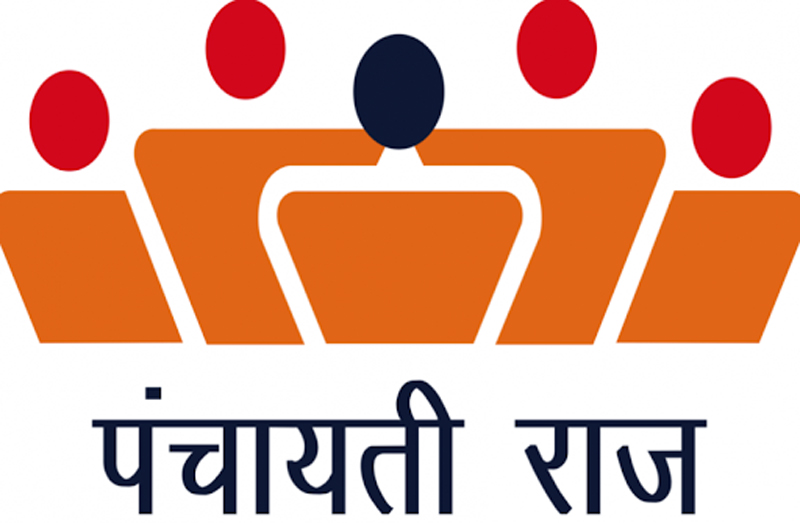Population to be criteria for Central, UT funds
Elected Members to have Development Fund
Sanjeev Pargal
JAMMU, Oct 24: In some significant measures aimed at empowerment of the District Development Committees (DDCs), the third tier of Panchayati Raj Institutions which are being established for the first time in Jammu and Kashmir, the Central Government reportedly mulled handsome direct funding for the DDCs which will be in addition to the funds to be provided to them by the Union Territory Government for developmental works.
Territorial Constituency Fund is also proposed for the elected members of the DDCs, official sources told the Excelsior.
They said the Union Home Ministry which had recently amended Jammu and Kashmir’s Panchayati Raj Act to set up the District Development Committees and Councils in Jammu and Kashmir is planning to keep population of the district (in the areas under the DDCs) as criteria for funding of the Committees as all the DDCs will have equal number of 14 elected members.
“Population is likely to be the criteria for direct funding of the District Development Committees. This is being done in view of the fact that certain districts like Jammu, Kathua, Baramulla and Kupwara have much higher population than Samba, Reasi, Bandipora and Kulgam districts,” sources said, adding the population-based criteria of Central funding to the Committees will lead to equal distribution of funds.
However, as already reported, each DDCs will have 14 Territorial constituencies and an equal number of elected representatives. Therefore, the Territorial segments in small districts like Samba and Bandipora will be based on fewer numbers of votes as compared to districts like Samba and Srinagar.
“Direct funding to the DDCs by the Centre and funds given to them by the Union Territory Government will empower the District Development Committees to formulate their annual budget for developmental works to be identified by elected members of the Territorial constituencies,” sources said.
Asserting that the steps were aimed at real empowerment of the District Development Committees as is the case in many other States, sources said this will lead to gross-root development in rural areas as third-tier of Panchayati Raj System will have significant funds at their disposal.
At the same time, sources said, the Block Development Council (BDC) Chairpersons and Panchayat members including Sarpanchs and Panchs will continue to have their say in development including the funds being received by them.
In addition to this, according to sources, the Central and Union Territory Governments have also proposed more powers for the elected District Development Councils but it will be done in such a way that the powers of Ministers, MLAs and other functionaries don’t clash with them whenever elections are held in Jammu and Kashmir and the popular Government is formed.
Meanwhile, all 20 District Development Commissioners in Jammu and Kashmir were engaged in finalizing the Territorial constituencies within their districts including the reserved segments for women, Scheduled Castes and Scheduled Tribes by inviting objections.
The objections are scheduled to be settled within two-three days after which the constituencies will be finalized on October 27 and formally notified for conduct of first-ever election.
As reported exclusively by the Excelsior, the first-ever election to the District Development Committees is likely to be held in November-December.
The election will be conducted for 280 Territorial constituencies—140 each in Jammu and Kashmir regions as every district has been allocated 14 Territorial segments each. J&K has 20 districts—10 each in the two regions.
While the people will elect 14 representatives in Territorial Constituencies in every district, the elected persons will elect Chairpersons and Vice Chairpersons of the District Development Committees.
It may be mentioned that anyone having his name in Panchayat Halqa of that district can contest the election for Territorial segment. Besides Territorial constituency members, the BDC Chairpersons and MLAs of the district will also be members of the DDCs. However, the Chairperson and Vice Chairpersons of the DDCs will be elected by the Territorial constituency members only. Additional District Development Commissioners will function as Chief Executive Officers (CEOs) of the District Development Committees.


